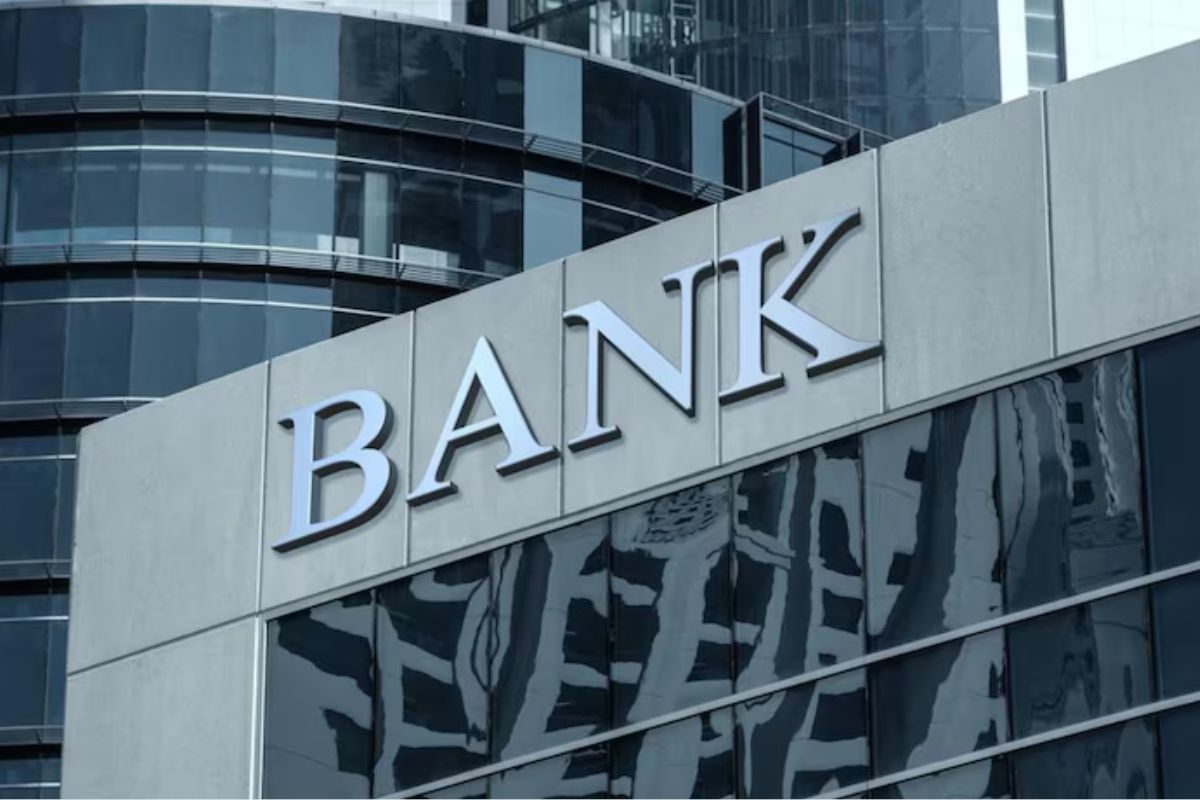As global financial markets respond to recent political shifts, the European banks sector faces renewed challenges in keeping pace with its U.S. counterparts. With anticipation building around potential financial deregulation under a second Donald Trump presidency, major American banks such as JPMorgan, Goldman Sachs, and Morgan Stanley have seen a surge in their share prices. In contrast, the STOXX Europe 600 Banks index has declined by over 1% this week, signaling a potential competitive disparity ahead.
European Banks and the Struggle for Profitability
Since the global financial crisis of 2008-09, European lenders have been grappling with low profitability and sluggish economic growth. These factors have left them lagging behind U.S. banks, which have experienced significant valuation growth and increased market share particularly in the investment banking arena. While some European banks have made incremental progress this year, a shift in U.S. financial policy could undermine these gains.
A Glimpse of Hope Dims
Earlier this year, European banks were performing relatively well compared to their American counterparts. Optimism was fueled by expectations that the U.S. might adopt aspects of the Basel III regulations, which would require American banks to hold more capital and potentially level the competitive playing field.
However, the political landscape changed dramatically with Trump’s recent election victory. Shares of major U.S. financial institutions surged, reflecting investor confidence in potential deregulation and tax incentives under a Trump administration. Meanwhile, the STOXX Europe 600 Banks index suffered, underscoring concerns over the renewed competitive gap between European and U.S. banks.
The Impact of Deregulation and Tax Cuts
The expectation is simple: deregulation and tax cuts in the U.S. contrast with Europe strict oversight and low-interest-rate grind, said David Materazzi, CEO of Italy-based automated trading platform Galileo FX. If the U.S. banking sector receives anticipated policy support, it could expand loan volumes and optimize capital allocation in ways that European banks cannot currently match.
The disparity is already clear. While U.S. banks have tripled their value since early 2010, European banking shares have declined by approximately 10%. A European Central Bank (ECB) report highlighted that eurozone banks return on equity hovers around 5%, compared to 10% in the U.S. This performance gap is attributed to higher fee income for American banks and persistent non-performing loans within European institutions.
European Leaders Take Note
European policymakers are aware of the potential challenges ahead. Swiss Finance Minister Karin Keller-Sutter revealed that she had discussed the implications of U.S. deregulation with her British counterpart, Rachel Reeves.
It was said beforehand that a wave of deregulation was coming in the USA, Keller-Sutter told Reuters, emphasizing the need to balance competitiveness with financial stability. Analysts believe this could provide European banks with leverage to advocate for more lenient regulatory measures within the European Union.
The Prospect of Regulatory Change
A potential wave of U.S. deregulation could usher in changes to capital requirements and merger regulations, particularly if Trump appoints Republican regulators to key positions. This could ease restrictions that have been in place since the 2010 Dodd-Frank financial reform law, which was designed to prevent another financial crisis.
We can expect an uptick in regional bank mergers and increased corporate M&A activity due to a less restrictive Federal Trade Commission (FTC), said Michael Ashley Schulman, Chief Investment Officer at Running Point Capital Advisors. This could translate to higher investment banking fees, further boosting U.S. bank profitability.
Challenges for European Banks
While U.S. banks anticipate new opportunities, their European counterparts remain hampered by stricter oversight and economic challenges. If regulatory measures in Europe remain stringent, the gap between the two financial sectors may widen, posing significant strategic concerns for European institutions.
With key U.S. regulatory appointments pending, the pace and extent of any financial deregulation remain uncertain. However, as the European banking sector braces for this potential shift, the focus will be on how it can adapt and respond to an evolving competitive landscape.

